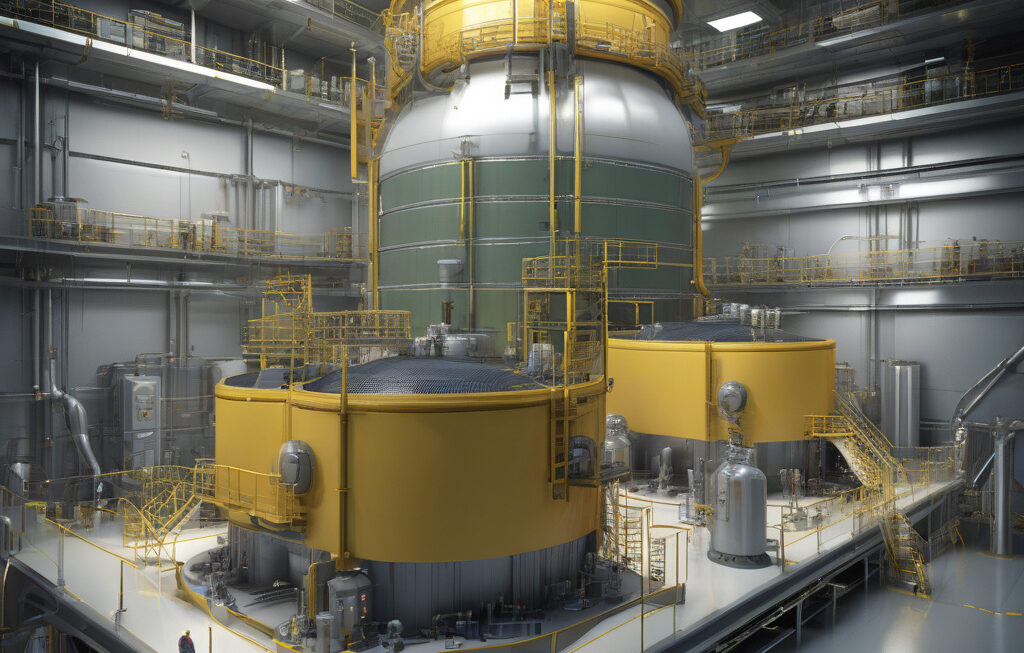Nobel Prize in Chemistry 2025: Metal-Organic Frameworks Revolutionize Environmental Protection
The prestigious Nobel Prize in Chemistry for the year 2025 has been awarded to the groundbreaking pioneers behind metal-organic frameworks, heralding a new era in environmental protection and sustainability. These innovative frameworks have the remarkable ability to capture carbon, store gases, and effectively remove per- and polyfluoroalkyl substances (PFAS) from the environment. This revolutionary advancement marks a significant step forward in the global fight against climate change and pollution.
Metal-organic frameworks (MOFs) are a class of materials renowned for their high porosity, large surface area, and exceptional versatility. They are composed of metal ions or clusters connected by organic linkers, forming a porous structure with immense potential for various applications. The 2025 Nobel laureates have harnessed the unique properties of MOFs to address pressing environmental challenges, particularly in the realms of carbon capture and PFAS remediation.
One of the most pressing issues facing the world today is the excessive accumulation of carbon dioxide in the atmosphere, leading to global warming and climate change. MOFs offer a promising solution for capturing and storing carbon emissions from industrial processes and power plants. Their high surface area and tunable pore structures enable efficient adsorption of CO2, mitigating its release into the atmosphere and helping to combat the greenhouse effect.
In addition to their role in carbon capture, MOFs have emerged as a powerful tool in the removal of PFAS, toxic compounds widely used in industrial processes and consumer products. PFAS are notorious for their persistence in the environment and harmful effects on human health. The innovative metal-organic frameworks developed by the Nobel laureates exhibit a remarkable affinity for PFAS molecules, enabling their selective adsorption and removal from contaminated water sources and soil.
The impact of MOFs extends beyond environmental remediation, with potential applications in gas storage, catalysis, drug delivery, and more. Their versatility and tailorability make them a valuable asset in a wide range of industries, offering sustainable solutions to complex challenges.
The recognition of the pioneers of metal-organic frameworks with the Nobel Prize in Chemistry underscores the critical role of innovation in driving progress towards a more sustainable future. By harnessing the power of MOFs to capture carbon and eliminate harmful pollutants like PFAS, researchers are paving the way for a cleaner, healthier planet for future generations.
In conclusion, the 2025 Nobel Prize in Chemistry celebrates the transformative potential of metal-organic frameworks in revolutionizing environmental protection and sustainability. Through their pioneering work, the laureates have opened new pathways for capturing carbon, storing gases, and removing hazardous contaminants like PFAS, offering hope for a brighter and cleaner future.
#NobelPrize, #Chemistry, #MetalOrganicFrameworks, #EnvironmentalProtection, #Sustainability












